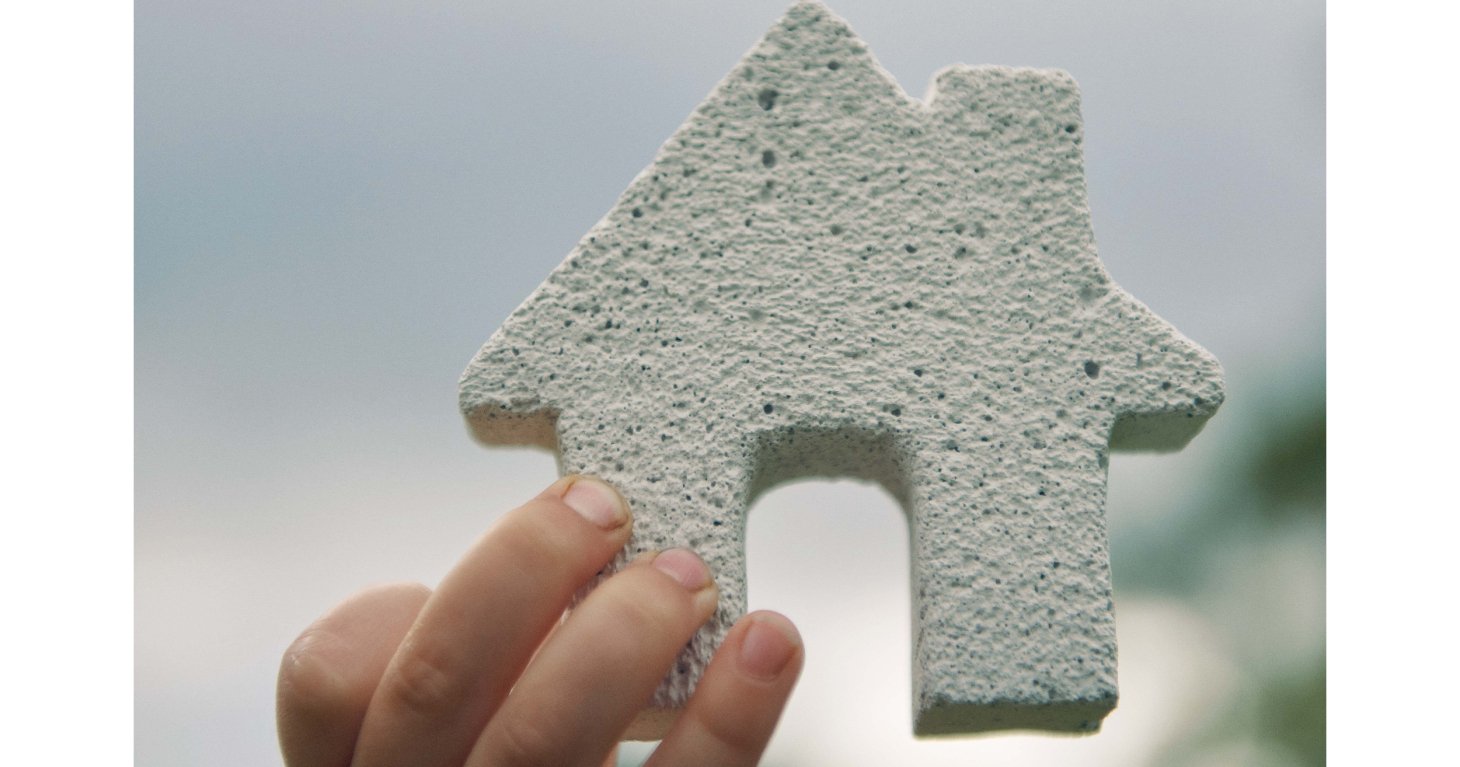
Environmental Product Declarations (EPDs) are accepted as the most efficient measurement of a material’s sustainability credentials – but are they robust enough?
Environmental Product Declarations (EPDs) aim to create a consensus on the accepted definition of zero carbon. EPDs use a Life Cycle Assessment to measure a product’s embodied carbon emissions.
A Life Cycle Analysis (LCA) of autoclaved aerated concrete (AAC) products reveals that over 50% of emissions come from the manufacture of cement and lime, and cement producers are now on a credible pathway to Net Zero emissions by 2050. The lime industry is expected to follow.
However, EPDs do not allow for elements such as the thermal insulative properties of a product, and so do not measure the impact on the carbon emissions for the building in which it will be used. The thermal insulation benefits of H+H’s products have the potential to drive further gains as they reduce the energy required for heating during a building’s use phase.
As benefits such as these are not quantified in an LCA for the products, EPDs in their current format, whilst currently the most robust method, may not be robust enough. They aren’t wholly efficient for comparing the impact of different products on the embodied carbon associated with a building project.
For manufacturers such as H+H, setting science-based targets alongside EPDs can help end users and designers understand the current and future sustainable credentials of Aircrete.
With science-based targets, companies can set short-and medium-term emissions reduction targets that are consistent with Paris-aligned pathways. This will add credibility to the ‘net-zero’-target, as participants are going through the target validation process and will benefit from detailed feedback and support from technical experts.
H+H’s AAC products are on a credible decarbonisation path to achieve “Net-Zero” emissions and potentially negative emissions. Finding the most appropriate way to evaluate and assess such claims is paramount on our road to net zero.